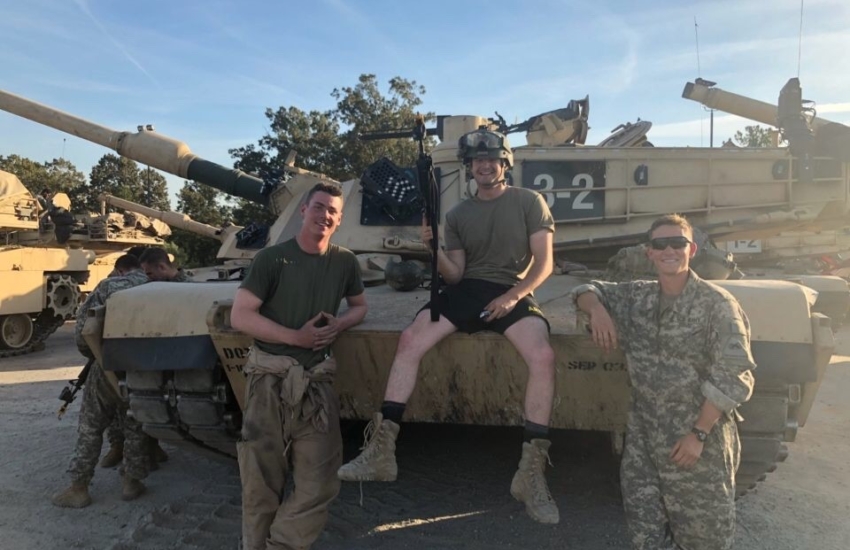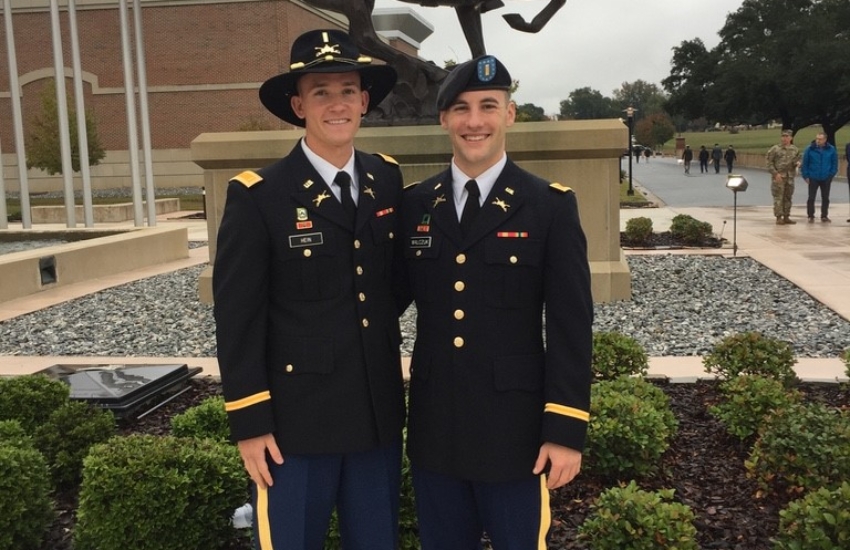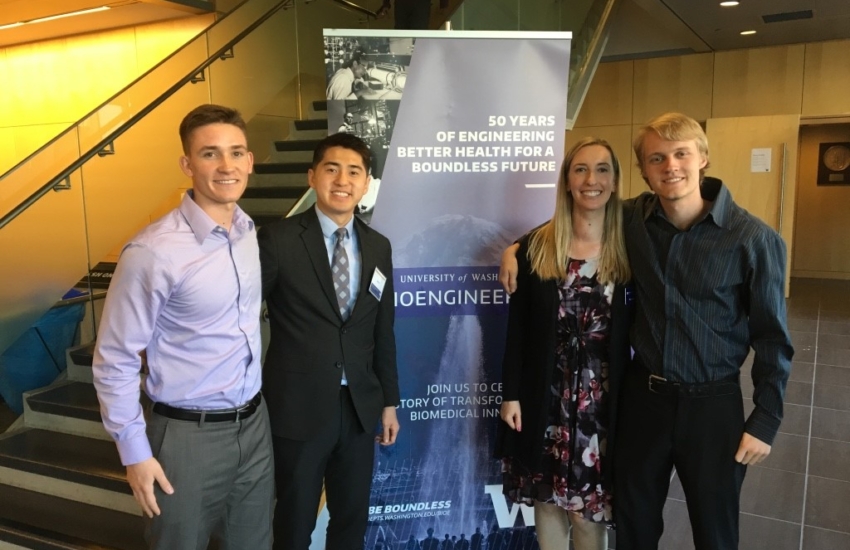December and January are great months for reflection as we close one year and start another. For me, that’s often sparked by visits from former students. I’ll be sharing some of those updates here on this page, asking them to share what they’ve been up to, the lessons they’ve learned and applied in their lives, etc. For this post, I’m sharing with you some insights from Riley Hein, CHS/MST class of 2014.
******
The analytical thought process that the MST program aims to develop, as well as the opportunities to embrace the research process, will definitely help students in their lives after high school. It certainly translates well to studying a STEM discipline in college, but will be useful regardless of what students want to do after graduating (4 year college, 2 year college, trade school, military, mission, etc.). I would just tell them to remember the skills they have learned in high school (regardless of what they want to do) and do their best to apply them once graduating. And be humble, because it’s pretty incredible what the other people you meet will know or bring to the table skill-wise (again regardless of the career/school path you take).
While at UW, I majored in bioengineering and was also a cadet in the Army ROTC program on campus. During my junior and senior years, I worked with several doctors in the Emergency Medicine Research Lab at Harborview Medical Center (downtown Seattle). The project I worked on sought to further understand the blood coagulation process, specifically with the respect to a drug that is commonly used for trauma patients experiencing massive hemorrhage. The efficacy of this drug, known as tranexamic acid (TXA), was previously identified to decline the later it was administered to patients in need. The cause for this decline in efficacy is still a mystery to doctors and scientists in this field, so my project specifically explored whether this trend was due to the concentration of several integral blood clotting proteins. During my senior year, I also worked with several doctors from Madigan Army Medical Center to create a device for service members suffering from non-compressible truncal hemorrhage. Traditional tourniquets are effective for stopping blood loss from extremity hemorrhage, but the areas around the groin and abdomen pose a challenge due to their physical geometry. My team and I designed an “internal tourniquet”, which could be inserted near a site of injury in the abdomen and subsequently inflated (the device featured a balloon of sorts), thus applying pressure to the entire cavity. Upon graduation, I also commissioned as a Second Lieutenant in the US Army and moved to Fort Benning, GA to begin completing my basic officer training. After I complete my training here, I will move to Ft. Hood, TX for my next assignment.



